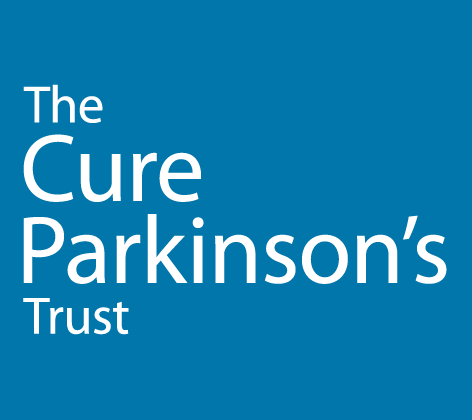HYPE?
Media portrayal:

HOPE?
Scientific interpretation:
Hypertension drug enhances autophagy at clinically relevant doses
Original article: Felodipine induces autophagy in mouse brains with pharmacokinetics amenable to repurposing, Nat Commun: April 18, 2019.
The takeaway
A new report suggests that felodipine, an antihypertensive drug, enhances waste clearance in cells and improves neuronal survival in a manner that translates to movement benefits in an animal model of Parkinson’s.
Why is it important?
The observed effects with felodipine were achieved at doses similar to those in people who take it to keep their blood pressure in check, suggesting that re-purposing of this drug is feasible.
%
IMPACT
- Novelty 90%
- Proximity 70%
- Deliverability 80%
Impact Opinion
“This study – produced by one of the leading autophagy research labs – is very exciting as it suggests a drug that is already clinically available has autophagy boosting properties in models of neurodegenerative conditions, like Parkinson’s.”
Background
Felodipine is a blood pressure lowering medication which, like isradipine, blocks a particular kind of calcium channel found in muscle in the heart and around arteries. In addition to their cardiovascular effects, interest in this class of drugs has recently focused on their additional effects on autophagy, the mechanism by which unwanted waste products are cleared from cells and prevented from building up. Autophagy is thought to be one of the crucial targets for disease modification in Parkinson’s, as a means of clearing excess alpha-synuclein and preventing it from clumping inside cells.
The details
The researchers performed a series of experiments, which began by screening 5 different antihypertensive medications to discover which one was the most potent trigger of autophagy. They found that felodopine enhanced autophagy the most. One of its major advantages over some of the other drugs such as verapamil is that crosses into the brain. They performed a series of experiments with promising results of enhanced autophagy in transgenic mice that expressed abnormal amounts of huntingtin (a protein that is believed to be the main cause of neuronal dysfunction in Huntington’s disease), and tau, which is one of the main culprits in many kinds of dementia. They then focused their efforts on a Parkinson’s transgenic mouse model, expressing the A53T mutant alpha-synuclein.
One of the difficulties of translating preclinical findings into the clinic is establishing if the drug dose that was effective in animals needs to be adapted for testing in humans. Most animals metabolise many drugs faster than humans. As a result, the mice in this study were exposed to concentrations of felodipine that were almost 100 times higher than humans taking it for antihypertensive purposes. To get around this important problem, the researchers used special minipump devices that delivered the drug in a slow and steady manner through the skin. In this way, they were able to mimic the amount and steady state seen in the blood of patients.
After treating the mice with felodipine for a month, they found that less alpha-synuclein was accumulated in their brain, more neurons survived and importantly, this also translated into improvements in movement.
Next steps
Replication and convergent evidence from more studies on felodipine will be necessary in order to appraise its suitability and promise for trialling in people. The latest results from the STEADY-PD trial testing isradipine in people with Parkinson’s have unfortunately revealed no benefit over a 3yr period. This finding will be carefully considered and integrated into the bigger picture on calcium channel blockers for disease modification in Parkinson’s.
Original article: Siddiqi, F. H., Menzies, F. M., Lopez, A., Stamatakou, E., Karabiyik, C., Ureshino, R., Rubinsztein, D. C. Nat Commun: April 18, 2019. Felodipine induces autophagy in mouse brains with pharmacokinetics amenable to repurposing



